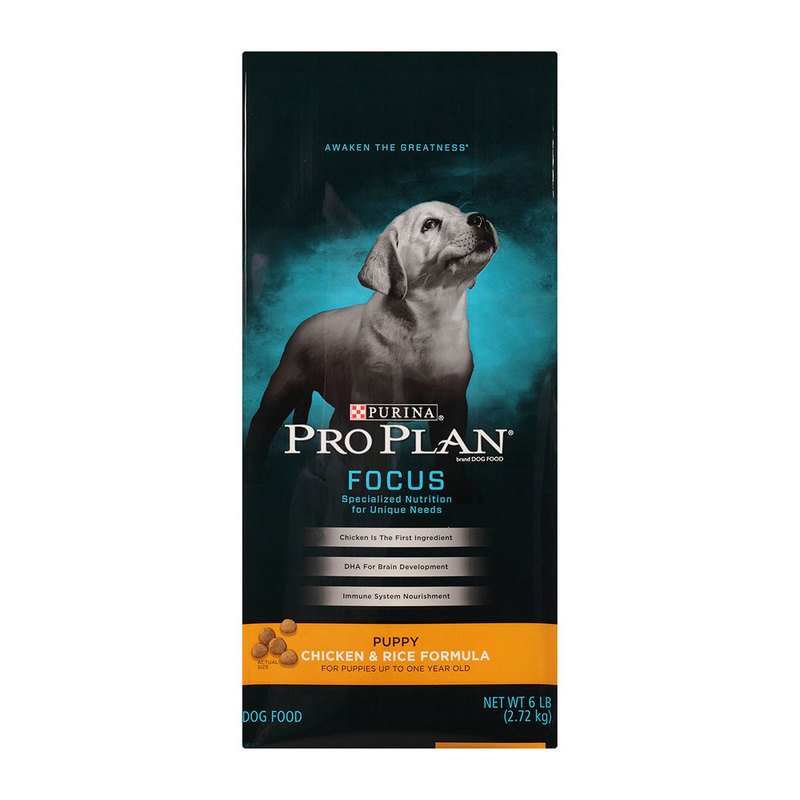
A Newfie (large working dog) can come in a variety colors, including black, grey, and white. The Dominion of Newfoundland which was part of the Confederation of Canada is the Newfoundland's past. Before the confederation, the black Newfoundlands were part of the breed.
Life expectancy
The Newfoundland dog can be a very large and active dog. They are available in a variety of colors including white, grey, or black. The Dominion of Newfoundland was an older organization that recognized black Newfoundlands as members of the breed. Today, however majority of Newfies is white.
The Newfie is susceptible to various health problems. One of the most common health issues is luxating patella. This affects the knees. This condition is known to be degenerative myelopathy. Another common health issue is slipped disk, which can affect the spine. This condition can cause loss in joint coordination and even paralysis.
The Newfie is a large dog and can easily become overweight. It will need regular exercise to maintain its lean mass. Newfies are susceptible to obesity which shortens their lives and stresses their internal organs.
Characteristics

Newfoundlands, large dogs with distinctive physical characteristics, are large. They make an excellent family dog and can be a good companion for young children. They are also very good at detecting water. They have been used historically as rescue and service dogs on fishing boats. They are excellent swimmers because of their partially webbed feet.
Newfoundlands are large but very easy-going despite their size. They also have great relationships with other animals and children. They are very affectionate and loyal, despite their tendency to be quiet. Their calm disposition, high tolerance for affection and calm demeanour make them great companions for kids and families.
The Newfoundland breed loves human contact. They can be quite quiet indoors and are very lazy outdoors. They require more exercise than other breeds. Newfies should have access to a yard for play.
Health conditions
Newfies can be susceptible to many health issues. These problems can include heart disease, digestive problems, allergies, heart disease and cancer. These problems often require medical care to treat. Newfies can live for a shorter time if they are detected early.
Cervical vertebral instability (CVI) is a common health problem in this breed. This condition occurs when the vertebrae in the neck are malformed and put pressure on the spinal cord. It can lead to weakness and poor coordination in the hindquarters. It can even lead to paralysis. CVI can often be treated with medications or surgery if it is caught early enough.

Newfoundlands are an extremely large breed and can be susceptible to health problems. Several of these are inherited, but there are also external causes. Bloat can be fatal in Newfoundlands. There are also possible eyelid abnormalities, Cushing's Disease, cataracts and eyelid problems. In addition, they are also susceptible to various allergies. Some allergies can cause bacterial infections while others can cause painful skin conditions. Newfies could also have epilepsy.
Grooming
Grooming your Newfie is a big part of maintaining your dog's appearance. Newfies are known for their thick undercoat and need to be groomed regularly to prevent matted hair. Puppy's need to be groomed regularly as their fur can easily become matted under their chins and behind their ears.
You'll need some grooming tools to take care of your Newfie. A good set of tools can pay for itself in just one professional grooming visit. Give your dog a good bath. After that, brush through the dog's hair to get rid of any dead hair. You should not rub too much fur dry. Instead use towels or a hair dryer without heat. Place your dog on a grooming table once the coat has dried.
If you've never groomed a Newfie before, here are some tips that will help you. Grooming your Newfie should be fun and rewarding! Your dog will have a healthy, smooth coat if you are consistent and gentle.
FAQ
Three things you should think about before getting a cat.
These are the questions to ask before you buy a cat.
-
Are there any health concerns for the cat?
-
Is it possible for the cat to eat all my food.
-
Do I want a cat to love cats or just a pet?
Do I choose a puppy or kitten?
This depends on you. Some people are more fond of kittens than they are puppies.
But, in general, puppies tend to be more active and playful. Kittens sleep a lot, and they are very gentle.
Both breeds of animal require constant attention from their owners. They will quickly grow up and will require lots of care.
They will also require regular medical checkups. This means that you will have to spend some time with them at the vet.
What are some signs that my pet might be sick?
There are many symptoms that indicate that your dog is sick. The following symptoms can be seen:
-
Vomiting
-
Diarrhea
-
Lethargy
-
Fever
-
Weight loss
-
Appetite decrease
-
Coughing
-
Difficulty breathing
-
Bleeding from your nose
-
In stool or urine, blood can be found
These are just a few. Your vet will be able to tell you what to watch out for.
How can I tell if my dog has fleas
There are fleas that can cause your pet to scratch at its hair, lick itself too often, or look dull and untidy.
Flea infestations could also be suspected if you notice redness on your pet’s skin.
Your pet should be seen by a vet immediately for treatment.
What's the best pet?
The best pet is the one you love. There is no correct answer. Every individual has his/her own opinion on the best pet.
Some believe cats are more intelligent than dogs. Others feel that dogs can be more loyal and loving than cats. Others still believe that birds are the best choice for a pet.
But whatever type of pet you choose, you must decide what kind of pet suits your personality.
For instance, if you're outgoing and friendly, then a dog would be perfect for you. Cats are best suited for shy people who are reserved.
Also, think about the size of your house and apartment. A smaller apartment will mean that your pet will require a smaller size. A larger house, on the other hand will require you to have more space.
Remember, pets need lots and lots of attention. They need to be fed regularly. You should take them for walks. They need to be brushed, and cleaned.
If you know all these things, you'll be able to pick the best pet for yourself.
Statistics
- Here's a sobering reality: when you add up vaccinations, health exams, heartworm medications, litter, collars and leashes, food, and grooming, you can expect a bill of at least $1,000 a year, according to SSPCA. (bustle.com)
- * Monthly costs are for a 1-year-old female mixed-breed dog and a male domestic shorthair cat less than a year old, respectively, in excellent health residing in Texas, with a $500 annual deductible, $5,000 annual benefit limit, and 90% reimbursement rate. (usnews.com)
- For example, if your policy has a 90% reimbursement rate and you've already met your deductible, your insurer would pay you 90% of the amount you paid the vet, as long as you're still below the coverage limits of your policy. (usnews.com)
- It's among a relatively few companies that provide policies with a full (100%) coverage option, meaning you are not responsible for any co-payment of bills. (money.com)
- It is estimated that the average cost per year of owning a cat or dog is about $1,000. (sspca.org)
External Links
How To
How to train a pet cat
To properly train your cat, first you must understand his/her nature. Cats possess complex brains. Cats are highly emotional and intelligent. Your cat's personality is an important aspect of your cat's behavior. You have to learn how to take care of your cat.
Remember that cats are independent beings. This means that cats do not like to hear "no." So if you tell them "no," they may get angry at you. This is why you should never hit your cat when he/she does something wrong. You can love your cat, but not as a human being.
If you suspect that your cat may have some issues, then it is best to work together to fix them. Try to talk to him/her calmly and gently. Avoid yelling at him/her. Remember that yelling makes him/her feel bad. It is not possible to force your cat or dog to eat. Sometimes your cat will not eat what you offer. If this happens, it is time to give treats. Don't give them too many treats, as this could cause overeating.
It is important to keep your cat clean. You should wash your cat every day. Use a wet cloth to wipe off dirt and dust. Check to make sure your cat is free of fleas. Flea bites can lead to skin irritation and allergic reactions. Flea bites can be painful and should be treated with a shampoo.
Cats are social animals. Cats love to spend time with their owners. You should spend quality time together with your cat. You can play with your cat, give him/her food, cuddle and brush him/her. These activities will make the cat happy.
If you want to train your cat, then you should start early. When your kitten is just two weeks old, you should begin training him/her. Three months old is the ideal age to begin training your kitten. Your cat will be fully grown by this time and ready to learn new things.
If you are teaching your cat tricks, it is important to explain each step clearly. If you want to teach your cat to sit down, then show it/him the chair. You should then say "sit" to your cat and reward it/her with a treat. Continue this process until your cat understands.
Keep in mind that cats are intelligent animals. They are able to figure out how tasks should be performed. They require patience and persistence. You can't expect your cat or dog to be able instantly to master a task. Give your cat lots of time to practice before giving in.
Don't forget cats are wild animals. They are naturally curious and playful. Your cat might knock things over if he/she is allowed to run free. To prevent accidents, place your cat in a secure area that won't cause injury to him/herself.